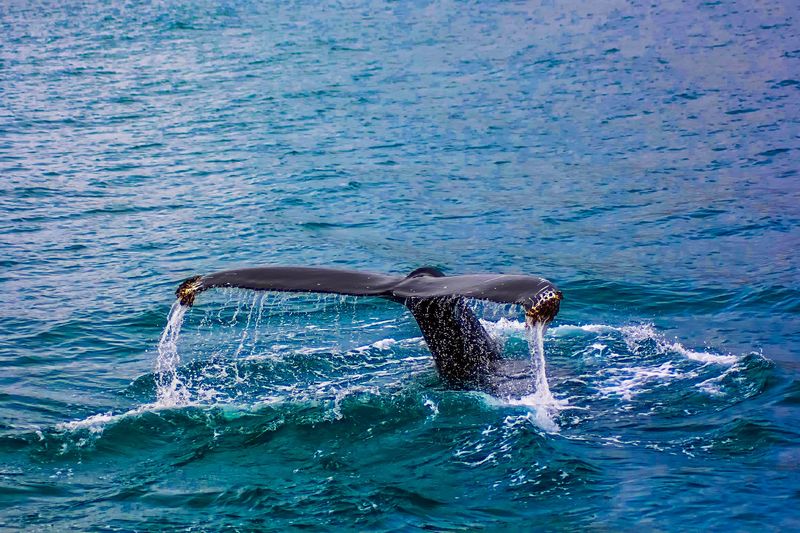Table of Contents
Remembering Roger Payne: The Man Who Gave Whales A Voice
The Legacy of Roger Payne
Roger Payne, the pioneer of whale song recordings, changed the world’s outlook towards whales. In 1970, he released a landmark 35-minute album, “Songs of the Humpback Whale,” which captured and conveyed the sounds of the giant sea creatures. The recording helped deepen humanity’s connection with nature and catalyzed the movement to stop commercial whaling. Payne passed away in June 2023, at age 88, but his work and legacy continue to inspire marine conservationists.
Impact of Payne’s Recordings
Payne’s album sold more than 100,000 copies, making it the bestselling environmental album of all time. It helped disprove the Moby Dick myth of the violent and solitary whale and played a key role in the eventual adoption of a commercial whaling moratorium in 1986. The International Whaling Commission even endorsed the proposed moratorium on commercial whaling. Payne’s influential work during the early years of the Greenpeace campaign indeed became the hallmark of the wider ecology movement, and his recordings helped campaigners bring the spectacle of the majestic mammals into homes worldwide.
The Significance of Payne’s Recordings in the Greenpeace Campaign
Payne’s recordings had a profound impact on the Greenpeace movement, inspiring campaigners to work towards the ban on commercial whaling. Greenpeace co-founder Rémi Parmentier remembered how the record was a critical part of their campaign. The 1978 release of the album in France saw it become a blockbuster in French record shops and on the Greenpeace-France catalogue. The record was reprinted several times and established itself as a key campaign icon. Parmentier fondly remembers that Payne was present at the International Whaling Commission meeting. He added: ”I remember we celebrated together that evening after the vote was passed.”
The Role of Active Listening
The work of Roger Payne was significant because of one significant reason; he listened to the whales. His ability to listen to them and record their sounds helped him learn about their way of life and inspired a movement to save them. While Greenpeace has talked about giving the earth a voice, Payne’s work reminds us that the earth can often speak for itself. As a society, we have to look at ourselves and wonder what more we can do to actively listen to what nature has to say.
Philosophical Discussion
Payne’s work helps us see the world from an entirely different philosophical perspective. The earth is alive, and everything in it is connected. Payne’s recordings help us understand that relationship that goes beyond a simple meal cycle or ecosystem. It is a connection that includes sounds, patterns, and processes that are beyond our comprehension. In listening to the voice of nature itself, we can appreciate the world for what it is truly worth.
Editorial and Advice
The legacy of Roger Payne aids in reminding us of the fragility of nature. Despite the advancements that we have made, the earth and its creatures still require special care and attention. Payne’s work is a reminder that even small acts can have a lasting effect globally. As a society, we must continue to push for conservation and action on issues such as climate change, biodiversity loss, and the protection of vulnerable species. In staying true to our commitment to the planet, we can build a legacy and hope for future generations.

<< photo by Pixabay >>